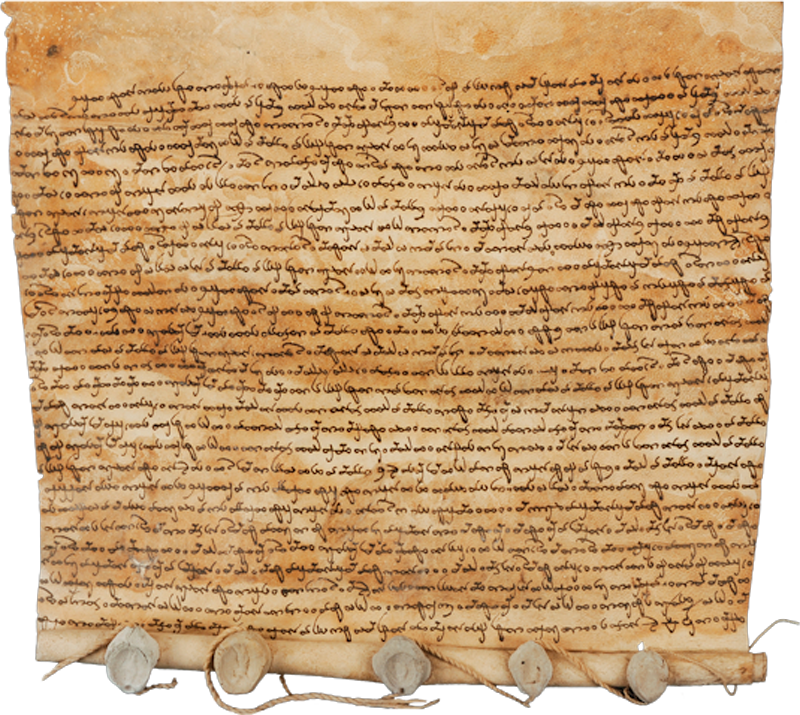Tax Contract from the Kingdom of Rob, Bactrian/Hephthalite 5th C. CE
The Hunnic empires were extremely beneficial to the Sogdians. The Hephthalites (White Huns), in particular, ushered in the Sogdian golden age. Prior to the Huns the Sogdians were small time traders stuck in the shadow of Bactrian and Indian merchants. Bactria was gutted by war around the era of the Kidarite Huns, and it took the region centuries to recover. Meanwhile, the Sogdians filled the mercantile vacuum and created diaspora communities from Europe to China to India. Sogdiana's population mushroomed. Etienne de la Vaissière notes that money (taxes and Peroz' ransoms) collected from Hephthalite tribute states may have been reinvested into Sogdiana, which would further explain the abundance of wealth that flowed into the region. Sogdians weren't just merchants. They filled any jobs necessary to create functioning communities wherever they went. Like their (probable) Scythian ancestors, the Sogdians were versatile and always on the move.
-Paraphrased, info derived from: The “Silk Roads” in Time and Space: Migrations, Motifs, and Materials. Edited by Victor H. Mair. Sino-Platonic Papers
Source:
Quote:



Comments
Post a Comment